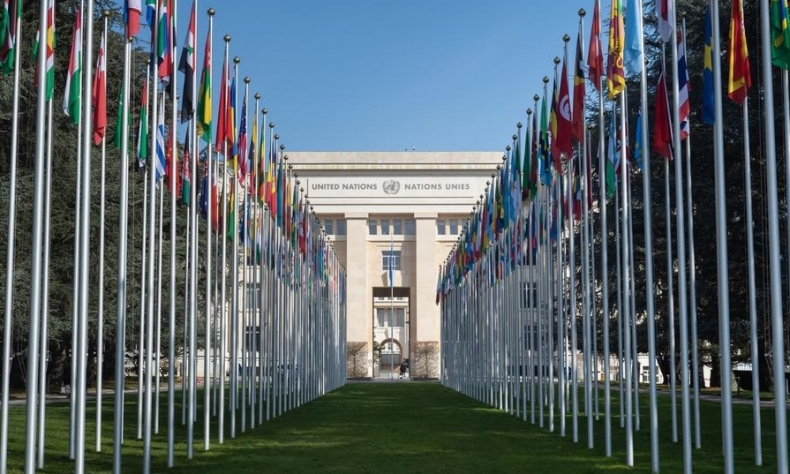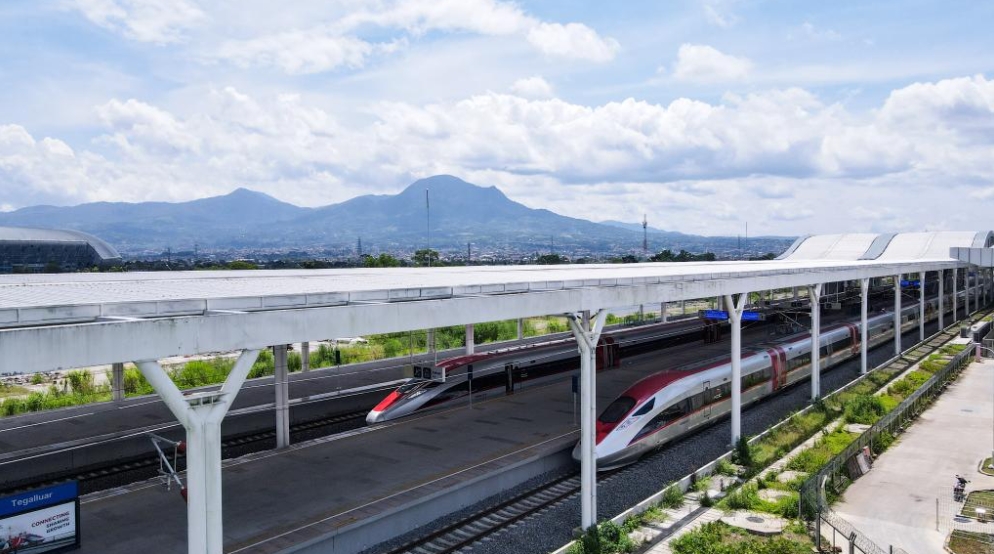Global Security Initiative: The Path to Peace, a Shared Future

Peaceful coexistence is based on respect for the sovereignty of each country.
The Global Security Initiative (GSI) is based on a political and practical tradition of peace in Chinese culture. The country has long upheld the principles of world peace, development, cooperation and win-win situations. The country has consistently followed the path of peaceful development, renounced the use of force in relations among nations and invasion on the territory of other nations.
Working together to rebuild trust among peoples is part of the message launched by Chinese President Xi Jinping with this new initiative. The shared future of humanity, peace, development and mutually beneficial cooperation leads humanity to face challenges together, according to this proposal of the Asian giant.
The main pillars of the GSI include maintaining international peace to generate shared development that strengthens multilateralism, respecting the values and identities of each people, and working to strengthen the ties of multidimensional and multilevel cooperation among states so that the common aspirations of humanity can take precedence on the agenda and lead to a post-pandemic world with a stronger growth, solidarity and respect for the environment.
The commitments on which the GSI is based are: a) mutual respect for the sovereignty and integrity of all countries, b) dialogue and consultation as the ways to peaceful resolution to differences and disputes between countries, c) taking seriously the legitimate security concerns of all countries, d) maintaining security in all areas, both traditional and non-traditional, e) vision of common cooperative, integral, sustainable security, f) abiding by the purposes and principles of the Charter of the United Nations. With these commitments, China promotes a vision of security that promotes collective well-being, based on principles of mutual respect, cooperation and integrity, from a logic of egalitarian and orderly multilateralism, capable of intelligently facing global challenges in a context of uncertainty.
The strengthening of egalitarian and orderly multilateralism is the key to this initiative. Hence, there is a need to overcome the mentality inherited from the Cold War, still prevalent in some Western countries, which is responsible for undermining the global framework of peace by implementing policies of force, unilateralism and hegemonism that contradict the most basic principles of international law and the peaceful coexistence among nations.

The GSI introduces a new notion of how the international community sees and understands politics. Within its principles, it proposes a system of convergences for harmony, leaving aside the Western conception of power based on the belief that the international order is the product of the exercise of force and imposition. Now with China’s vision for humanity, the notion of power is not based on force, but in the ability to build rational principles and with the distribution of benefits for all those who are part of the system, win-win relationships mutually beneficial, thus establishing a universal rational order of an effective and accepted character.
A universal rational order should be based on the five principles of peaceful coexistence, namely: (i) mutual respect for sovereignty and territorial integrity, (ii) mutual non-aggression, (iii) non-interference in the internal affairs of other countries, (iv) equality and mutual benefit, and (v) peaceful coexistence, from which it is possible to weave with patience and determination the stability of the world system.
Harmony is possible from the idea that all nations can and should live together in peace and mutual respect, despite their ideological, cultural, political and economic differences. A harmony from difference allows concordance and the search for harmony under heaven. By respecting the five principles of peaceful coexistence, the international order and the legitimacy of international institutions, such as the United Nations system, are strengthened. This helps ensure that global rules and norms are respected and enforced by all countries, leading to greater stability and security in the world.
In addition, by adhering to peaceful coexistence, countries commit to working together in areas of common interest, such as trade, the environment, combating global inequalities, and improving the living conditions of all mankind. Through international cooperation, the governance system based on mutual respect, equality and orderly multilateralism takes shape and becomes a vital tool to face global challenges and achieve beneficial results for all nations.
Peaceful coexistence is based on respect for the sovereignty of each country. Nations should avoid intervening in the internal affairs of others and allow each to choose its own path of development. Security becomes the basis for the path towards development, tolerance and mutual respect.
We should take into account of cultural diversity and pluralism in pursuit of global security. Each society has its own unique identity and values which must be respected above any particular interest or position. This creates an environment in which differences are valued and become a source of mutual enrichment rather than conflict and affirm the harmonious vocation of civilization, opening opportunities to build bridges of knowledge and development of peoples.
The author is Director, PhD in Public and Business Management, Central American Institute of Public Administration (ICAP/SICA), and Researcher of Center for Historical Research of Central America, University of Costa Rica.
The article reflects the author’s opinions, and not necessarily the views of China Focus.
 Facebook
Facebook
 Twitter
Twitter
 Linkedin
Linkedin
 Google +
Google +










